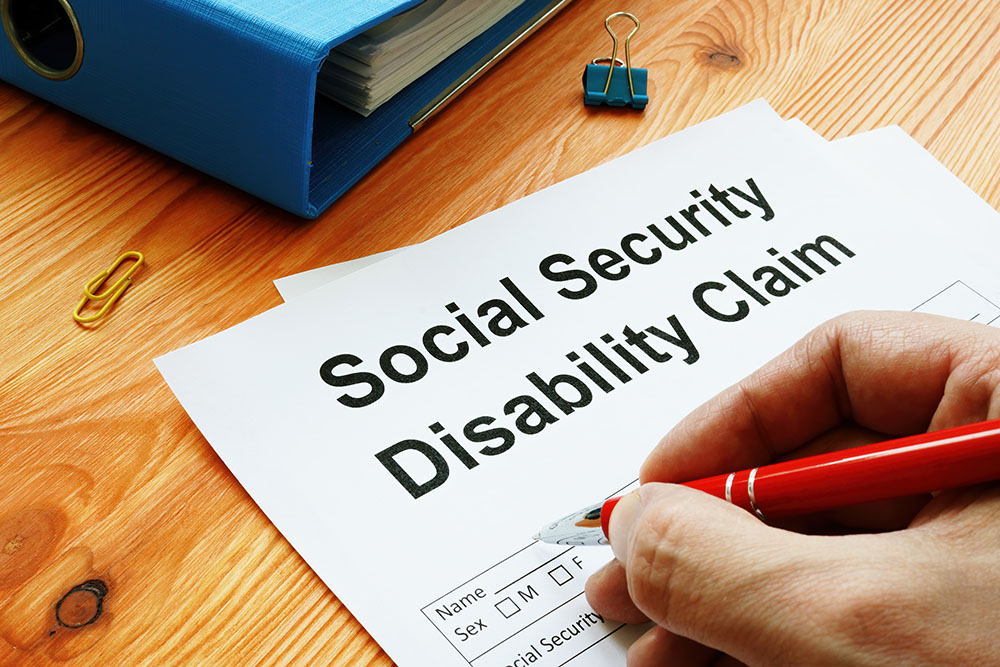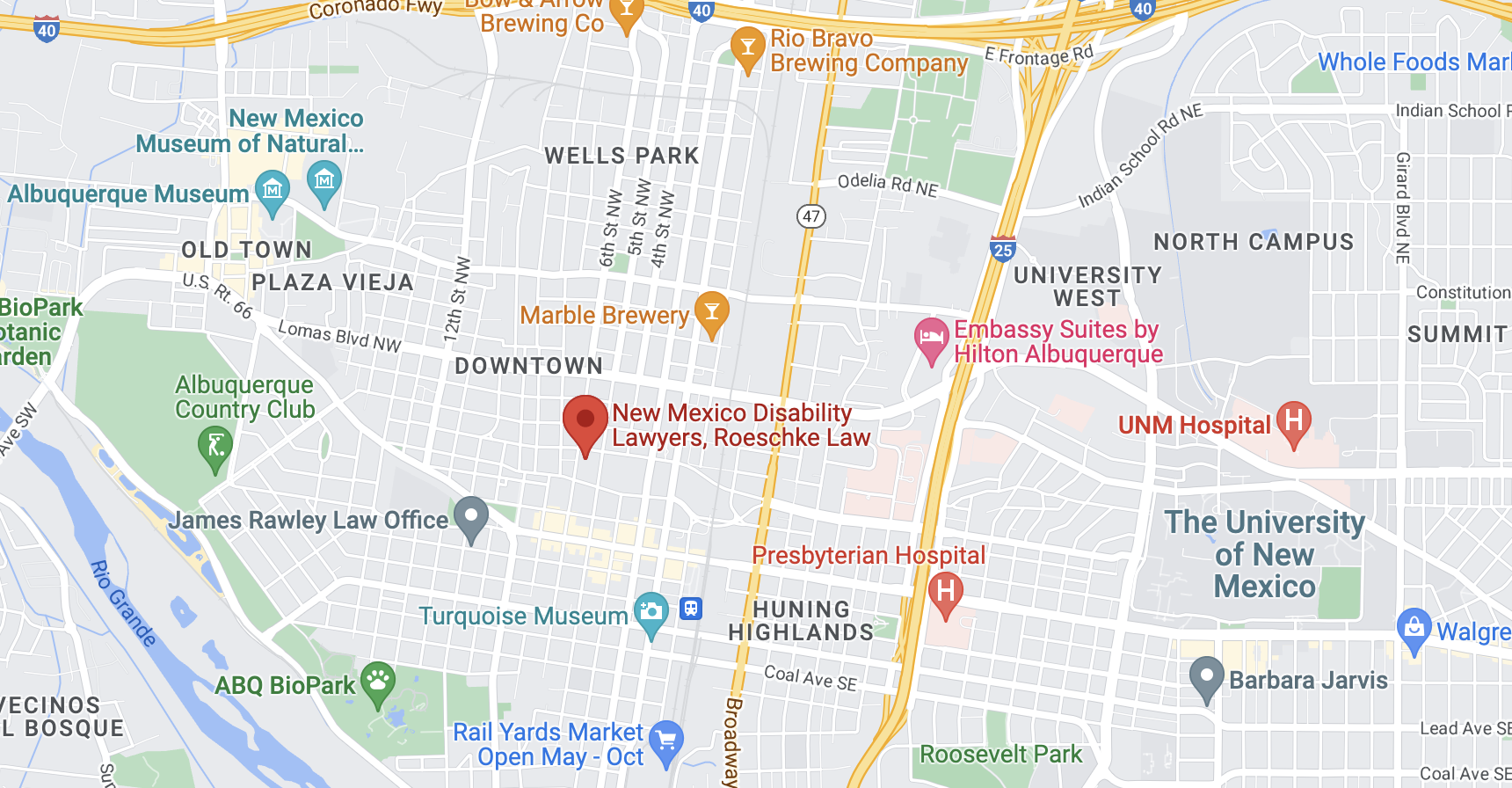Your Job, Your Rights: Ensuring Equal Employment Opportunities for People with Disabilities in New Mexico
Navigating the workforce can be challenging, and for individuals with disabilities, there are often additional hurdles. Employment rights for people with disabilities in New Mexico are protected by both federal and state laws. You are entitled to reasonable accommodations and protection against discrimination and retaliation. If you face challenges, resources and support systems can help you navigate the process and advocate for your rights.
Understanding Federal Protections
The Americans with Disabilities Act (ADA) is the primary legislation safeguarding the rights of individuals with disabilities. These rights extend to the workplace in a variety of ways.
Equal Opportunity
The ADA prohibits discrimination against individuals with disabilities in all employment activities, including hiring, firing, promotions, training, wages, and benefits.
Reasonable Accommodations
Employees with disabilities must be given reasonable accommodations in the workplace unless doing so would cause undue hardship for the employer. These accommodations can include modifications to the work environment, job restructuring, part-time or modified work schedules, and providing assistive devices.
Confidentiality
Your employer must keep any information about your disability confidential and share it only with individuals who need to know to provide accommodations or address safety concerns.
Retaliation Protection
The ADA protects you from retaliation if you assert your rights or assist others in asserting their rights under the law. Your employer cannot punish you for requesting accommodations or filing a discrimination complaint.
New Mexico State Protections
In addition to federal protections, New Mexico has laws that reinforce the rights of individuals with disabilities. The New Mexico Human Rights Act (NMHRA) forbids discrimination based on disability in housing, employment, and public accommodations. It provides similar protections to the ADA but can be more inclusive in some respects.
Definition of Disability
The NMHRA defines disability broadly, covering any physical or mental impairment that substantially limits one or more major life activities. This inclusive definition ensures that a wide range of disabilities are protected under state law.
Reasonable Accommodation
Like the ADA, the NMHRA requires that employers make reasonable accommodations for employees with disabilities, provided it does not cause undue hardship. This includes making facilities accessible, adjusting work schedules, and modifying equipment.
Protections Against Harassment
The NMHRA also protects against harassment based on disability. Employers must investigate harassment complaints promptly and thoroughly. If harassment is found, they must take appropriate action to stop it and prevent it from happening again. This can include disciplinary action against the harasser and workplace policies or practice changes.
You are protected from retaliation for reporting harassment. This means your employer cannot punish you for making a complaint, participating in an investigation, or supporting another employee’s complaint.
State Enforcement
The Human Rights Bureau enforces the NMHRA. If you believe you have been discriminated against, you can file a complaint within 300 days of the alleged discriminatory act.
Practical Tips for Asserting Your Rights
As a person with a disability, understanding your employment rights is crucial, but knowing how to assert those rights can make a significant difference in ensuring a fair and inclusive work environment.
Documentation
Maintain a thorough record of all interactions related to your disability and employment. This includes emails, letters, memos, and notes from meetings. Document your requests for accommodations, responses from your employer, and any instances of discrimination or harassment. Note the date, time, and people involved, as well as a description of what happened. This information will be valuable if you file a complaint or seek legal action.
Request Accommodations
If you need an accommodation, make a formal request to your employer. Be specific about what you need and how it will help you perform your job. Providing medical documentation can support your request.
Know the Process
Familiarize yourself with your employer’s policies on disability accommodations and grievance procedures. This information is often found in employee handbooks or on the company’s intranet. Understand the steps for requesting accommodations and filing complaints within your organization. Follow these procedures carefully to ensure your requests are handled appropriately.
Seek Support and Advice
Engage with your human resources (HR) department to discuss any issues you face. HR can help navigate company policies and procedures.
Organizations like the National Disability Rights Network (NDRN) or local disability advocacy groups can offer guidance and support. They can provide information on your rights and connect you with additional resources. If you encounter significant obstacles or discrimination, consulting with an attorney specializing in employment law and disability rights can provide advice and assistance.
File a Complaint
You can file a complaint if you think your rights have been violated. Begin by filing a formal complaint with your employer if you face discrimination or harassment. Follow the company’s procedures and keep copies of all communications related to the complaint. If your employer does not address your complaint satisfactorily, you can escalate the issue to external agencies such as the New Mexico Human Rights Bureau or the Equal Employment Opportunity Commission (EEOC). These agencies investigate claims and take action when necessary. As a last resort, you may consider legal action if your rights continue to be violated. Seek the guidance of a disability lawyer who can explain the options available and help you through the legal process.
Empower Your Employment Rights
Are you facing challenges at work related to your disability? Navigating the complexities of employment rights can be overwhelming. Whether you’re facing discrimination, need reasonable accommodations, or are dealing with harassment, the experienced team at Roeschke Law, LLC is here to help. We provide legal services designed for your specific situation. Call Roeschke Law, LLC at 505-407-0072 or 800-975-1866 for a free, no-obligation strategy session.




